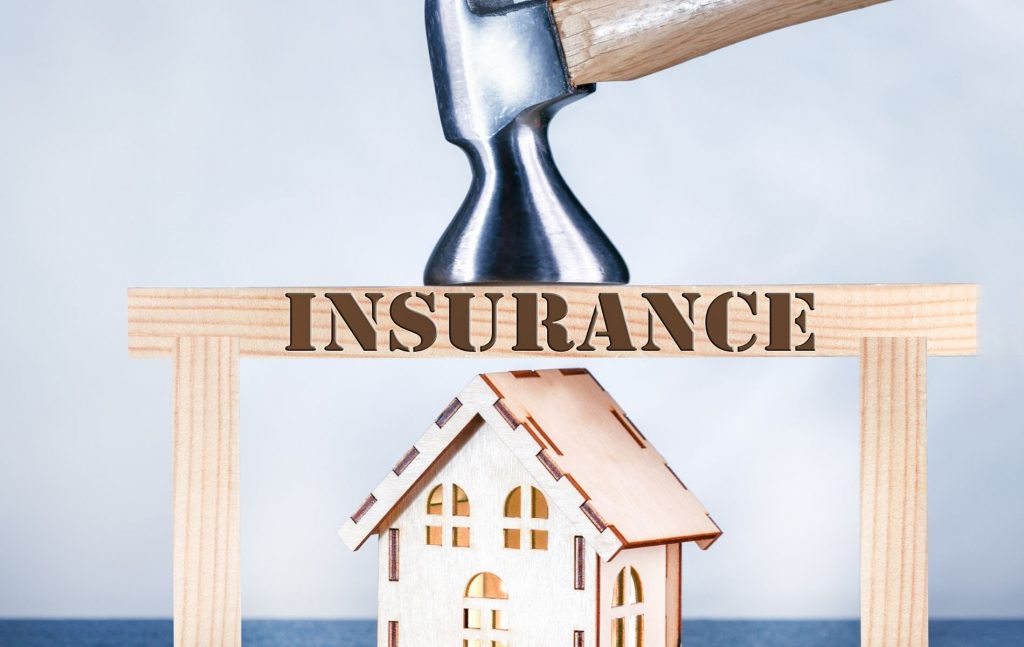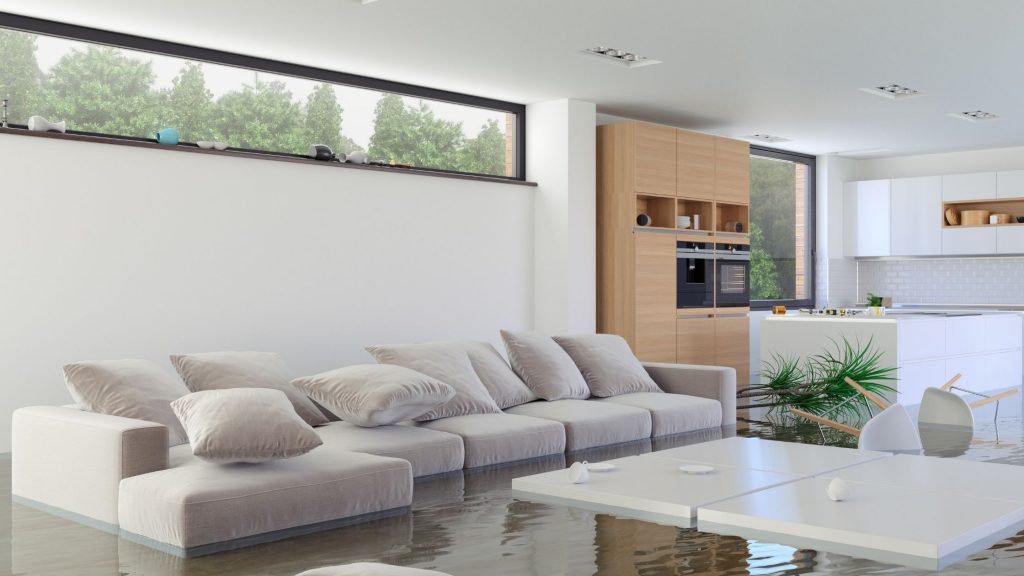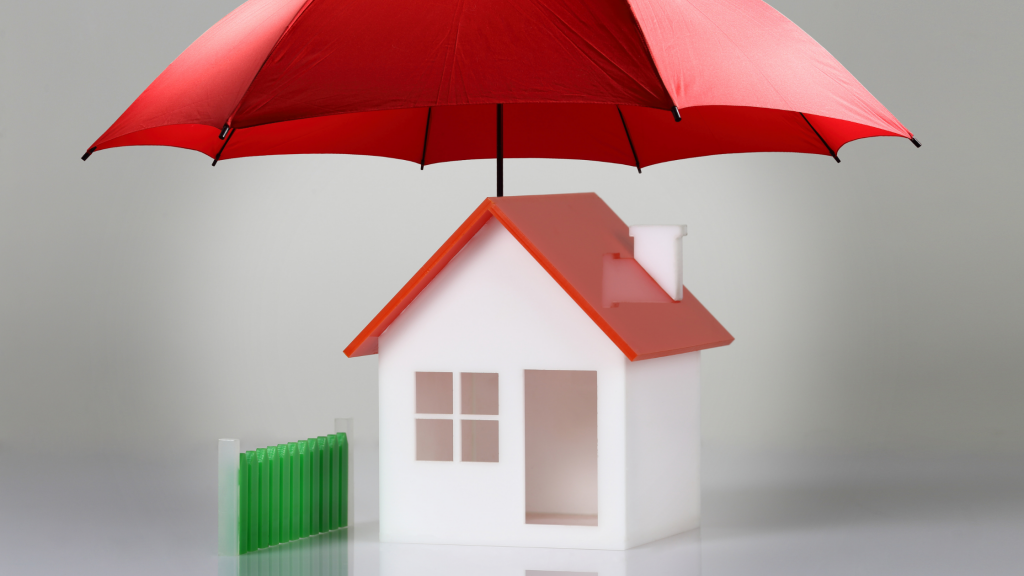40+ Home Insurance Savings Tips
Your home is frequently your most valuable asset, which you must safeguard. We compiled a list of all home insurance savings opportunities. This is the most comprehensive collection of home insurance savings strategies. This list was compiled by a number of insurance agents. So, let’s get started! 1. Modify your content coverage: Are you renting a condo? You can frequently reduce your content coverage. If you merely have a laptop and some IKEA furniture, there’s no need to insure them up to $250,000! 2. Renovations: Renovating your home can result in decreased home insurance costs, as older, poorly kept homes typically have higher premiums. Furthermore, upgrading merely a portion of your home (for example, the roof) can result in insurance savings. 3. Pool: Adding a swimming pool to your home will almost certainly raise your insurance rates because your liability (e.g., the chance of someone drowning) and the value of your home have increased. 4. Pipes: Insurers prefer copper or plastic plumbing, so upgrading your galvanised / lead pipes during your next renovation cycle may be a good option. 5. Shop around: Look for, compare, and change insurance carriers. Because there are various insurance companies and their price offerings for the same policy might vary greatly, use multiple internet tools and consult with several brokers, as each will cover a limited number of insurance firms. 6. Wiring: Some wiring types are more expensive or less expensive to insure than others. Make sure you have acceptable wire types, and avoid aluminium wirings at all costs, which can be quite expensive to insure. Not all insurers will cover homes with aluminium wire, and those that do will demand a thorough electrical check. 7. Home Insurance Deductibles: Just like with vehicle insurance, you may choose a greater home insurance deductible to lower your insurance prices. 8. Do you require Home and Auto Insurance? Most businesses will give you a discount if you buy them all at once. 9. New Home: Find out whether your insurer offers a new home discount; some do. 10. Claim-free discount: Some firms may provide you a claim-free discount if you haven’t filed any claims. 11. Mortgage-free home: If you pay off your mortgage in full, several insurers will reward you with decreased premiums. 12. Professional Membership: Do you belong to any professional organisations (for example, Certified Management Accountants of Canada or The Air Canada Pilots Association)? Some insurance companies will then give you a discount. 13. Seniors: Many businesses give senior discounts. 14. Annual vs. monthly payments: Compared to monthly payments, annual payments save insurers administrative costs (e.g., bill mailing) and hence reward you with cheaper rates. 15. Annual review: Review your policies and coverage every year, as new discounts may apply to your changed life situation. 16. Alumni: Graduates of select Canadian universities (for example, the University of Toronto and McGill University) may be eligible for a discount from certain insurance companies. 17. Employees and union members: Some businesses provide discounts to union members ( e.g. IBM Canada or Research in Motion) 18. Mortgage insurance: Getting mortgage insurance when you have enough Life insurance coverage is not always necessary: mortgage insurance is another name for a Life/Critical Illness/Disability insurance associated with your home only, but you pay extra for the convenience of getting insurance directly when lending the money. A Term Life policy, for example, large enough to pay off your mortgage is usually less expensive. 19. Cancel earthquake insurance: Because earthquakes are unlikely in many areas, you may choose not to purchase earthquake insurance, lowering your premiums. In British Columbia, for example, earthquake coverage can account for up to one-third of a policy’s premium. 20. Wood stove: Using a wood stove entails paying more in insurance premiums – Insurance companies frequently decide to evaluate properties with such installations before insuring them. A choice to remove it implies a lesser risk and, as a result, lower insurance costs. 21. Heating: Insurance companies prefer forced-air gas furnaces or electric heat installations. If you have an oil-heated home, you may be spending more than your neighbours who have other types of heating. 22. Bicycle: Are you purchasing a new bicycle and considering additional protection in case it is stolen when you leave it on the street, such as when doing your groceries? It’s possible that your homeowner’s insurance already covers it. 23. Quit smoking: Because there is a higher risk of fire in smokers’ homes, several insurers raise their premiums. 24. Maintain a clean claim history by not filing little claims; sometimes it is better to just fix minor damage rather than file a claim; you should examine both aspects: your deductibles and future premium increases. 25. Rebuilding vs. market costs: When selecting an insurance policy, consider your rebuilding costs rather than the market value of your home (market price can be significantly higher than real rebuilding costs). 26. Welcome discount: Some insurance companies provide a so-called welcome discount. 27. Avoid living in unsafe places: Some areas are more vulnerable to natural disasters than others; avoid buying a home in flood- or earthquake-prone zones. 28. Neighbourhood: Moving to a safer neighbourhood with a lower crime rate will frequently affect your insurance prices. 29. Centrally connected alarm: Some insurers will recognise the installation of an alarm connected to a central monitoring system in premiums. 30. Monitoring: Having your home, apartment, or condo monitored 24 hours a day, seven days a week may result in an insurance reduction. For example, a security guard. 31. Hydrants and fire stations: Being close to a water hydrant and/or a fire station can also lower your premiums. 32. Loyalty: Staying with the same insurer for a longer period of time may result in a long-term policyholder discount. 33. Water damage: Avoid purchasing a home that has a history of water damage; a check with the insurance provider will help you find out before you buy the home. 34. Decrease liability risk: Using meaningful strategies to reduce liability risk (e.g., fencing off a pool) might









